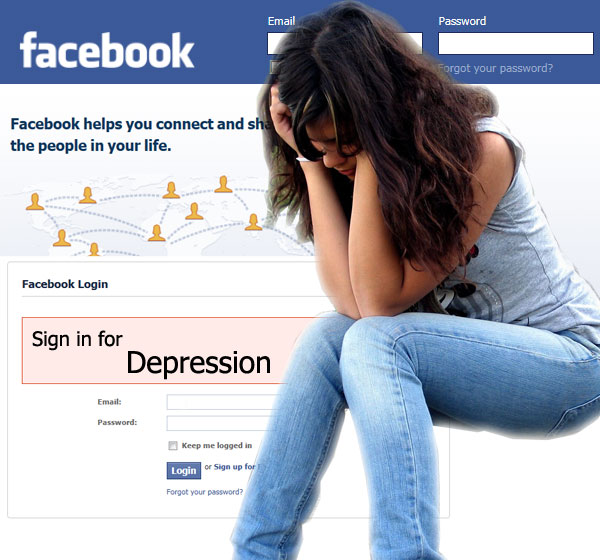“Facebook depression” is a term that first started showing up around March of 2011 after studies linking depression and overuse of social networking sites were publicized. How real is Facebook depression, many parents wonder, and should we be worried? Are our kids safe? What about Facebook for kids?
Several groups report on the Facebook depression phenomenon, including the American Academy of Pediatrics (AAP.) Follow-up studies have also replicated the findings: depressed teens are more likely to report excessive social networking use than their non-depressed peers.
Perpetual Distraction is One Danger of Teen Texting and Sexting
 Chances are that sometime in the last 24 hours you have watched your teen stop whatever they’re doing, whip out their phone to read and fire back a fast and furious text message, then snap the phone shut and get back to work. But how well can they really work on a task when they’re constantly stopping to send and receive texts?
Chances are that sometime in the last 24 hours you have watched your teen stop whatever they’re doing, whip out their phone to read and fire back a fast and furious text message, then snap the phone shut and get back to work. But how well can they really work on a task when they’re constantly stopping to send and receive texts?
It’s no surprise that for teens, texting is the most popular way to use cell phones. June data from the Pew Internet Research Forum reports that 88% of teens use their phones for texting, and that the typical teen sends 50 texts per day. What about the really prolific texters? 31% report sending over 100 per day, and 14% say they send over 200 per day – that’s more than 6,000 texts a month!
Is Late-Night Sexting Interfering with Your Teen's Sleep?
 Does your teen have to check her phone the second a text comes in, no matter what she’s doing? Does texting regularly interrupt mealtime and homework time? Does it seem like your teen is constantly “on call”? If so, have you considered the impact texting may be having on her sleep?
Does your teen have to check her phone the second a text comes in, no matter what she’s doing? Does texting regularly interrupt mealtime and homework time? Does it seem like your teen is constantly “on call”? If so, have you considered the impact texting may be having on her sleep?
Night Texting and Sleep Requirements
Healthy teenagers actually need more sleep than elementary school children: about 9.5 hours per night. But for teens struggling with a texting addiction, getting adequate sleep at night may be a serious challenge.
Internet Addiction May Put Teens at Risk for Facebook Depression
 Would your teen start to get the shakes after 15 minutes if you took away the computer and all their Bluetooth-enabled devices? If so, it may be time to worry about their online usage’s impact on their mental health.
Would your teen start to get the shakes after 15 minutes if you took away the computer and all their Bluetooth-enabled devices? If so, it may be time to worry about their online usage’s impact on their mental health.
A study published on Monday by the Archives of Pediatric & Adolescent Medicine suggests that teenagers who are pathologic Internet users are twice as likely to develop clinical depression.


